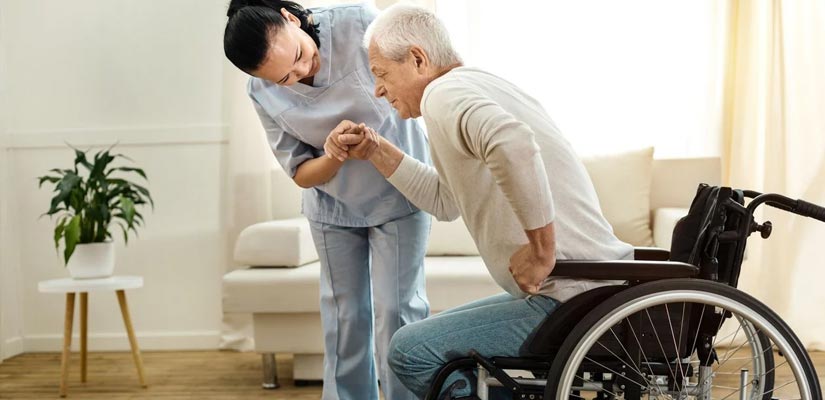Physical Disability Support
Physical and disability support refers to the assistance provided to individuals who are unable to fully care for themselves due to a physical condition or disability. This type of support can be essential for individuals who have difficulty with activities of daily living (ADLs) such as bathing, dressing, grooming, and using the bathroom. It can also include support with mobility, transferring (e.g., getting in and out of bed or a chair), and ambulation (e.g., walking).
Physical and disability support can be provided to adults and children who are dealing with a variety of conditions, including arthritis, multiple sclerosis, spinal cord injuries, stroke, cerebral palsy, and developmental delays. Caregivers who provide this type of support are trained to assist clients with their ADLs and other tasks in a way that promotes their independence and dignity. They may also provide support with medication management, meal preparation, and other aspects of daily living as needed.
In addition to providing practical assistance, caregivers who provide physical and disability support also offer emotional support and companionship to their clients. They can be an important source of socialization and can help clients to maintain their connection to the outside world.
Overall, physical and disability support is an essential service for individuals who are unable to fully care for themselves due to a physical condition or disability. It can help them to maintain their independence and quality of life and provide peace of mind for their family members and loved ones.

